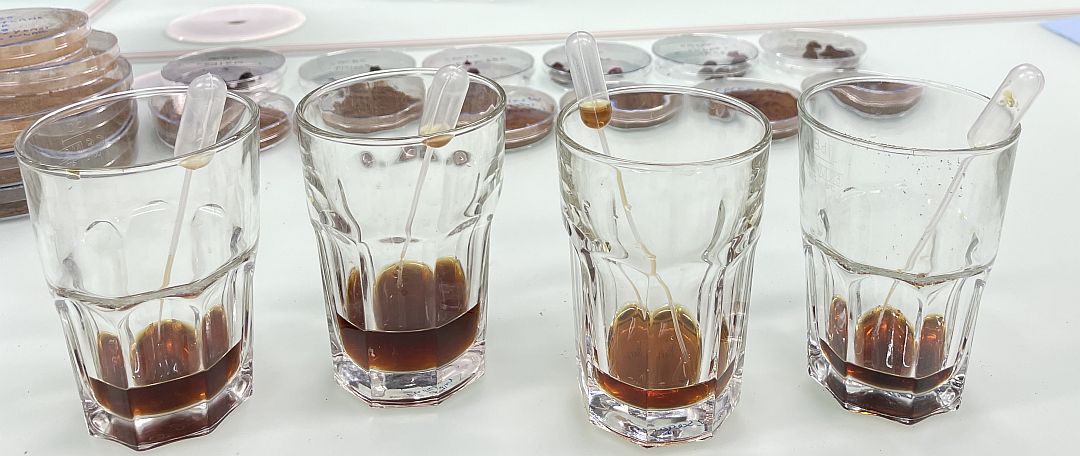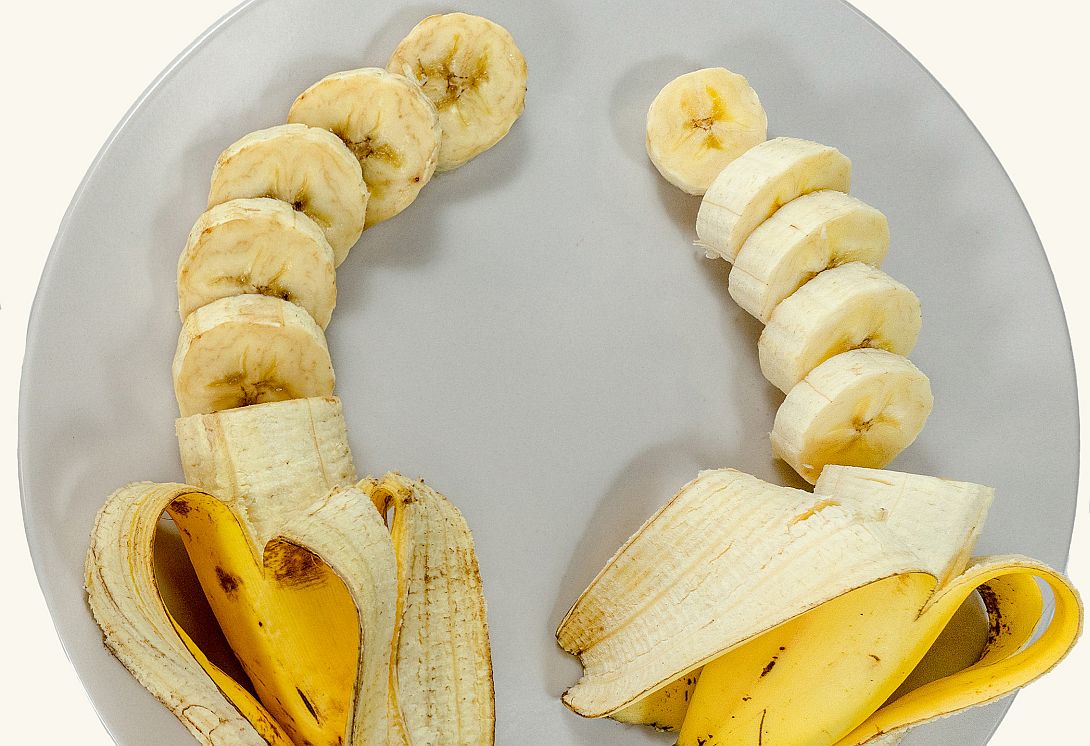When investing, your capital is at risk.
__
Every year, companies gather round to share statistics about the significant gap between male and female founders. Posts go viral on LinkedIn as we comment in our disbelief and shame. More and more discussions are held at panel events with the same speaker line ups. Female founder communities are established on a daily basis. But is talking about the gap really doing the work?
We believe that women in business need to be; respected (which goes past their physical identity), seen, paid and taught to unlearn the psychological barriers that can dampen anyone’s ambitions.
In this month’s report, as we explore the topic of women and entrepreneurship, we’ll discuss:
- The great debate of mentorship vs money
- The performance of female-led businesses
- The fall of the ‘girlboss’ movement and why it’s harmful
💸 Mentorship or Money?
There are many mentorship programs available to early stage female founders such as Impact Innovation, Accelerace and the Santander’s Breakthrough Women Business Leaders programme. They all aim to help their mentees think innovatively and move the needle forward in some way. But with the emphasis on nurturing women to be better founders, it implies that women are the problem. Think about it, how many male-focused entrepreneurship programs do you know of?
Don’t get us wrong, there is certainly tremendous value in mentorship. 84% of business owners have said that mentoring has helped them avoid big mistakes within their business. A great 92% agree that it’s directly impacted their business’ growth and survival. Learning, whether professionally or personally, should be a constant.
A record proportion of startups are being founded by women, but the investment numbers are still very low. For every £1 of VC investment in the UK, female founder teams get less than 1p. Whilst male founder teams get 89p. They’re also getting a much smaller piece of the pie. Data from Sifted and Beahurst show that women maintain less equity, while men tend to hold 5 times as much equity in their business than a female founder.
This could partially be because of the common misconception that women-led businesses surround ‘glamorous’ industries. But this is far from the truth. Louise Birritteri is proving that women can dominate any sector. Louise had a string of high profile roles such as Head of Pricing at Sainsbury’s Bank and The Co-operative Group before heading out into the startup world on her own.
In October 2016 she founded Pikl. Pikl is an Insurtech company creating insurance solutions to protect and prevent against risk in the Sharing Economy. The Sharing Economy is a business model defined as peer-to-peer based activity. Think Uber, Airbnb or even crowdfunding.
The market is estimated to grow to $335 billion by 2025, a sharp rise from the $15 billion valuation in 2014. With not enough companies quickly adapting to societal changes enforcing the growth of peer-to-peer business models, Pikl are putting themselves in an advantageous position, and many investors have co-signed that.
Pikl recently launched a funding round on Seedrs and have exceeded their £1.8m target! Now approaching £2.13m, you can learn more about Europe’s top rising insurtech startup here.
💁♀️ Female-led businesses are outperforming male-led businesses
Female founders are proven to have better track records in the startup world. In a Boston Consulting Group report, Why Women-Owned Startups Are a Better Bet, studies found that women deliver twice as much dollar invested in their companies then startups founded by men. In addition, the Ewing Marion Kauffman Foundation found that women-led teams generate 35% higher ROI than all-male teams. They also create significantly more jobs which only ever benefits local economies.
So who needs the mentorship? And by investing in more female-run companies, doesn’t that also benefit the pockets of the investor, according to the statistics?
One woman that’s giving investors an opportunity to put their money where their mouth is Sharon Wolter-Ferguson, a 54 year old single mother in London. For years, her lifestyle involved many events which meant many outfits. After a while, it really adds up financially. Sharon discovered a boutique selling discounted designer labels which led to her lightbulb moment of creating HEWI (Hardly Ever Worn It).

She knew that women wanted to buy something that felt flattering, new, and affordable, but not second-hand. Most importantly was the authenticity of the product. This led to two years of developing the website and getting the business in shape. From the first uploaded product of a Gucci python bag from Bahrain to turning over £4.5 million a year, HEWI is a force to be reckoned with. The best part is that whilst helping women feel great, they’re making a difference to the environment by creating a circular economy in the fashion industry.
HEWI have established themselves at a timely moment where the resale market is predicted to double in size, reaching $77 billion. To join HEWI on their journey to reform pre-owned fashion, register your interest here.
😬 The fall of the ‘girlboss’ movement and why it’s harmful
You may have heard of Sophie Baron, founder of Mamamade, who raised on Seedrs in 2021. In a recent podcast interview, Sophie expressed her disengagement with the ‘girlboss’ ‘mumpreneur’ and ‘SheEO’ movement, “It doesn’t feel serious… it belittles the ambition of the movement.” She’s not the only one who feels the same.
As we discuss the disparities between female and male funding, could it be that we’ve also had a part to play in not being taken seriously with these labels.
In recent years we’ve seen self-proclaimed ‘girlbosses’ step down from companies or file for bankruptcy. Sophia Amoruso, the ‘OG’ in this space and author of Bestseller ‘Girlboss’, founded Nasty Gal in 2006 as an eBay store in her bedroom. It grew to turn over $100 million a year in revenue and at its peak, employed 300 people. But due to company mismanagement, the $350 million brand had to file for bankruptcy. Later selling to Boohoo for $20 million.
Now whilst this is a common thing for anybody of any gender, it’s a good time to think about who is a ‘girlboss’? When you think about the people labelling themselves with this title, it’s left no room to be anything but cool, edgy and white. Now we can have a diverse range of women from all backgrounds simply being an entrepreneur, no labels attached.
Being an entrepreneur is more than just taking a picture with the keys to your new office, or speaking at events with 5-course dinners. Centering accomplishments around the gender of a being takes away from the fact that what they have achieved is possible. Will it require hard work, tenacity and a sprinkle of luck? Surely. But the more emphasis placed on being a woman in business, the more we teach young ladies that a seat at the table is a rarity.
Or the more we teach mothers that their entrepreneurial dreams are just a dream. But Margaret Zablocka isn’t falling into that trap. Margaret came up with the idea of Onoco after realising that all the books and blogs she read to prepare her for motherhood were just not enough to deal with being a new mother in the real world.

As time went by, she’d track everything her daughter Lena would do to understand timings, patterns and problems. Whilst this really helped her, she couldn’t help thinking that there must be a way to do this in an easy and accessible way for all parents. Now welcome her third baby, Onoco the app.
Last year Onoco raised £150,000 from Jenson Funding Partners. You can learn more about their story here and sign up to invest here.
Where do we go from here?
Women should always celebrate their achievements. We can do this whilst still being mindful to paint a realistic picture of what entrepreneurship looks like and keep that picture inclusive.
There’s no denying that progress has been made when it comes to funding women-led businesses. There’s also no doubt that it’s inspiring to see other women succeed in their businesses whether single, a mother, a wife or above 50.
But it’s time to put our money where our mouth is. That’s in the pockets of those who are breaking through glass ceilings to normalise their achievements. The goal is that one day being a woman in business will be… normal.
Check out the companies raising on the platform now here.
Join us on Instagram, LinkedIn, Facebook and Twitter as we roll out some fun content this month surrounding women in business!
Source link
Author Rebecca Tembo







